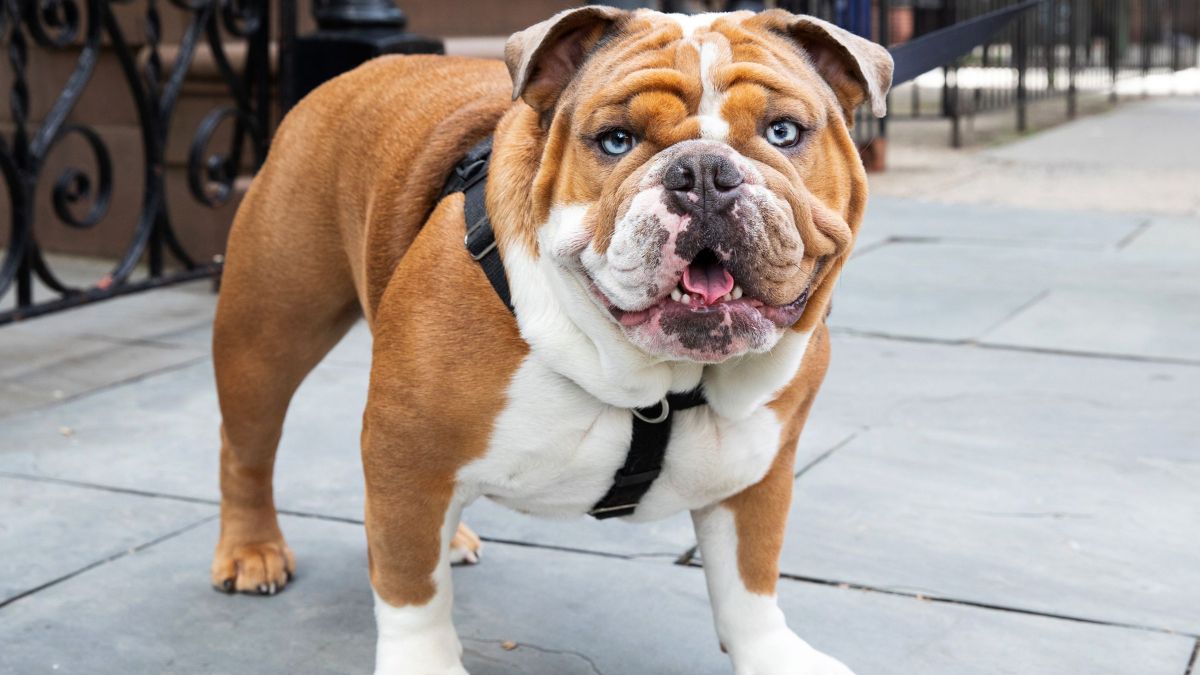Obesity is a growing problem among dogs, leading to various health issues such as diabetes, arthritis, and heart disease. Maintaining a healthy weight is essential for your dog’s overall well-being and longevity. Here are some tips for preventing and managing canine obesity.
- Monitor Food Intake: Measure your dog’s food portions carefully to ensure they’re receiving the appropriate amount of calories for their age, size, and activity level. Avoid free-feeding and limit treats to prevent overeating.
- Choose High-Quality Nutrition: Feed your dog a balanced diet consisting of high-quality, nutritious ingredients. Look for dog food labeled as complete and balanced, and avoid products with excessive fillers, additives, or artificial ingredients.
- Control Treats and Table Scraps: Limit the number of treats and table scraps you give your dog, as these can contribute to excess calories and weight gain. Offer healthy, low-calorie treats such as carrots, green beans, or apple slices as alternatives.
- Provide Regular Exercise: Ensure your dog receives regular exercise to burn calories, build muscle, and maintain a healthy weight. Engage in activities such as daily walks, jogging, hiking, swimming, or interactive play sessions to keep your dog physically active.
- Monitor Weight and Body Condition: Regularly weigh your dog and monitor their body condition score to track changes in weight and body composition. Use visual and tactile cues to assess your dog’s body shape and adjust their diet and exercise accordingly.
- Enrichment Activities: Provide mental stimulation and prevent boredom by engaging your dog in enrichment activities such as puzzle toys, scent games, and obedience training. Mental stimulation can help reduce stress and prevent overeating due to boredom.
- Consult with Your Veterinarian: Consult with your veterinarian for personalized dietary recommendations and weight management strategies tailored to your dog’s individual needs. Your vet can assess your dog’s overall health, identify any underlying medical conditions contributing to weight gain, and recommend appropriate interventions.
- Slow Down Mealtime: Use slow-feed bowls or interactive feeding toys to slow down your dog’s eating pace and prevent gulping. Eating too quickly can lead to overeating and digestive issues, contributing to weight gain.
- Adjust Portions as Needed: Monitor your dog’s body weight and adjust their food portions as needed to maintain a healthy weight. If your dog is overweight, gradually reduce their food intake while increasing exercise to promote weight loss.
- Consistency and Persistence: Be consistent and persistent in your efforts to prevent and manage canine obesity. Establish healthy eating and exercise habits early in your dog’s life and maintain them throughout their lifetime.
By following these tips and prioritizing your dog’s health and well-being, you can help prevent and manage obesity, ensuring they lead a fit, happy, and healthy life.


